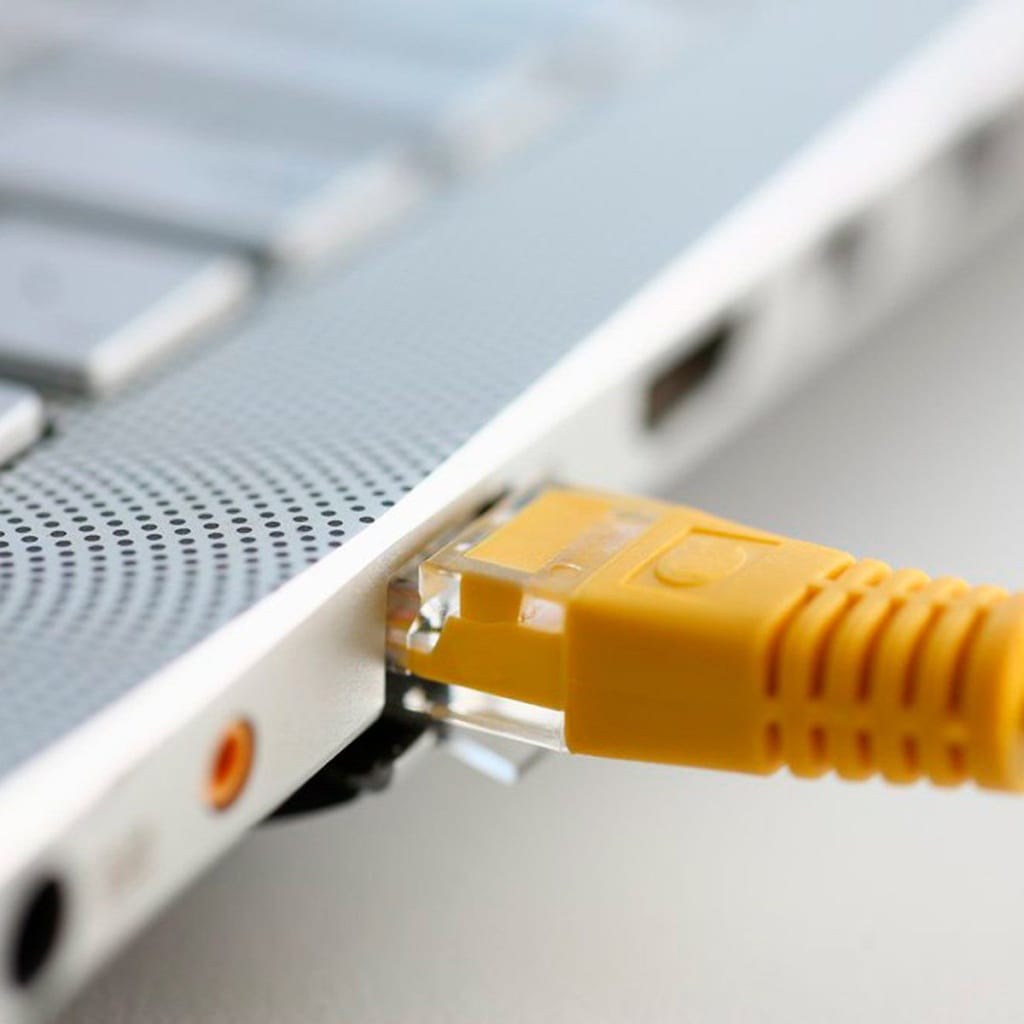
In this story we gonna see what is a VPN and how its works in detailed for educational and knowledge purpose
VPN
A VPN (Virtual Private Network) creates a secure and encrypted connection between the user's device and the internet. When a user connects to a VPN, their device sends data through an encrypted tunnel to the VPN server. The VPN server then forwards the data to the internet, while also encrypting it to protect the user's privacy.
Encryption: The user's device encrypts all outgoing data, so it's unreadable to anyone who might intercept it. The VPN client software handles this encryption process.
Connection to VPN server: The encrypted data is sent to a VPN server located in a different geographic location. This connection is usually established using a VPN protocol such as OpenVPN or IKEv2.
Decryption: Once the data reaches the VPN server, it's decrypted and forwarded to the internet. This process is handled by the VPN server software.
Anonymity: When the data reaches the internet, it appears to be coming from the VPN server rather than the user's device. This provides anonymity, as the user's real IP address is hidden.
Encrypted connection: All data between the user's device and the VPN server remains encrypted, providing a secure connection.
Decryption on the user's device: When the data comes back from the internet, it's sent to the VPN server first, where it's encrypted. The encrypted data is then sent to the user's device, where it's decrypted using the VPN client software.A Virtual Private Network (VPN) is a technology that creates a secure and private connection between a user and the internet. VPNs use encryption to protect the data being transmitted and prevent unauthorized access to it.

VPN usages:
Online privacy: VPNs can help protect your online privacy by encrypting your internet traffic and hiding your IP address. This makes it difficult for others to track your online activities, such as your browsing history or downloads.
Accessing geo-restricted content: Many online services, such as streaming video sites or social media platforms, may be restricted in certain geographic locations. VPNs can help you bypass these restrictions by connecting to a server located in a different country or region, allowing you to access content that would otherwise be blocked.
Public Wi-Fi security: Public Wi-Fi networks, such as those found in coffee shops or airports, are often unsecured and can be vulnerable to hacking or data theft. VPNs can help secure your internet connection and protect your sensitive information, such as login credentials or financial data, from potential threats.
Online anonymity: VPNs can provide a level of anonymity when browsing the internet, as your online activities are masked by the VPN server's IP address. This can be useful if you want to protect your identity online or avoid tracking by advertisers.
Remote work: VPNs can be used by remote workers to securely access company networks or resources from anywhere in the world. This allows employees to work from home or while traveling without compromising the security of company data.
Overall, VPNs provide a range of benefits for individuals and businesses alike, including online privacy, security, and accessibility. By encrypting internet traffic and hiding your IP address, VPNs help protect your sensitive information and ensure your online activities remain private.

Advantages
Online privacy: VPNs encrypt all internet traffic, making it difficult for others to spy on your online activities or steal your sensitive information.
Security: VPNs provide a secure connection between your device and the internet, protecting your data from potential threats such as hacking or data theft.
Accessing geo-restricted content: VPNs allow you to bypass geo-restrictions and access content that may be blocked in your geographic location.
Online anonymity: VPNs mask your IP address, providing a level of anonymity when browsing the internet.
Public Wi-Fi security: VPNs can help secure your internet connection when using public Wi-Fi networks, which are often unsecured and can be vulnerable to hacking or data theft.
Remote work: VPNs allow remote workers to securely access company resources and networks from anywhere in the world.
Torrenting: VPNs can help protect your privacy while downloading or sharing files using peer-to-peer (P2P) file sharing networks.
Voice and video calls: VPNs can help improve the quality of voice and video calls by reducing latency and improving connection speeds.
Disadvantages
Slower internet speeds: VPNs can sometimes slow down internet speeds due to the encryption process and the extra step of routing data through a VPN server.
Cost: Some VPN services charge a fee, which can be a disadvantage for users who are looking for a free solution.
Trust issues: Users need to trust the VPN provider not to misuse their data or sell it to third parties.
Compatibility issues: Some VPNs may not be compatible with certain operating systems or devices.
Connection stability: VPN connections can sometimes drop or become unstable, which can interrupt online activities.
User error: If not configured properly, VPNs can be vulnerable to user error, such as not disconnecting after use or accidentally leaking sensitive information.
VPN blocking: Some websites and services may block access from VPNs, which can limit accessibility.
Overall, VPNs offer several advantages for online privacy and security, but they may not be the right solution for everyone. It's important to weigh the potential disadvantages against the benefits and choose a VPN service that meets your specific needs.
About the Creator
Dinesh Mathivanan
I am the person that appreciates anything to do with automobiles and their inner workings. Typically, it's one can talk at length about cars without getting tired of it.
an engineer,an automotive enthusiast,
Enjoyed the story? Support the Creator.
Subscribe for free to receive all their stories in your feed. You could also pledge your support or give them a one-off tip, letting them know you appreciate their work.






Comments
There are no comments for this story
Be the first to respond and start the conversation.